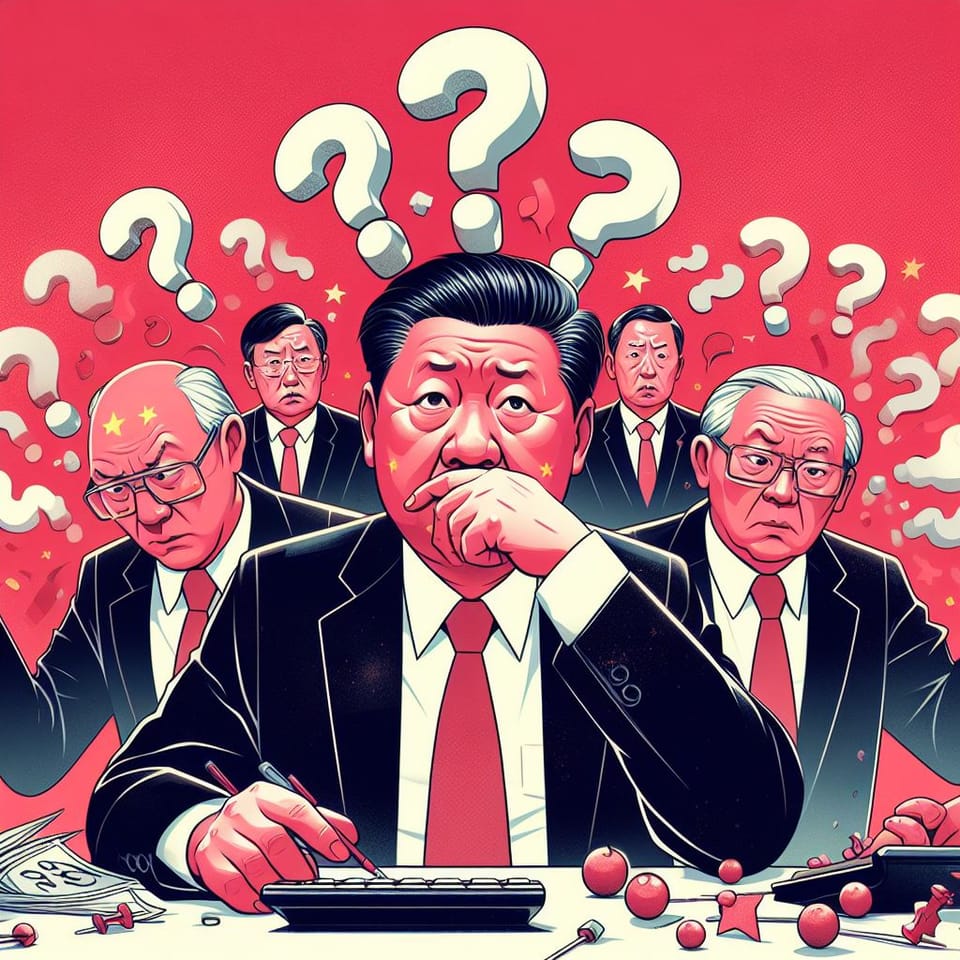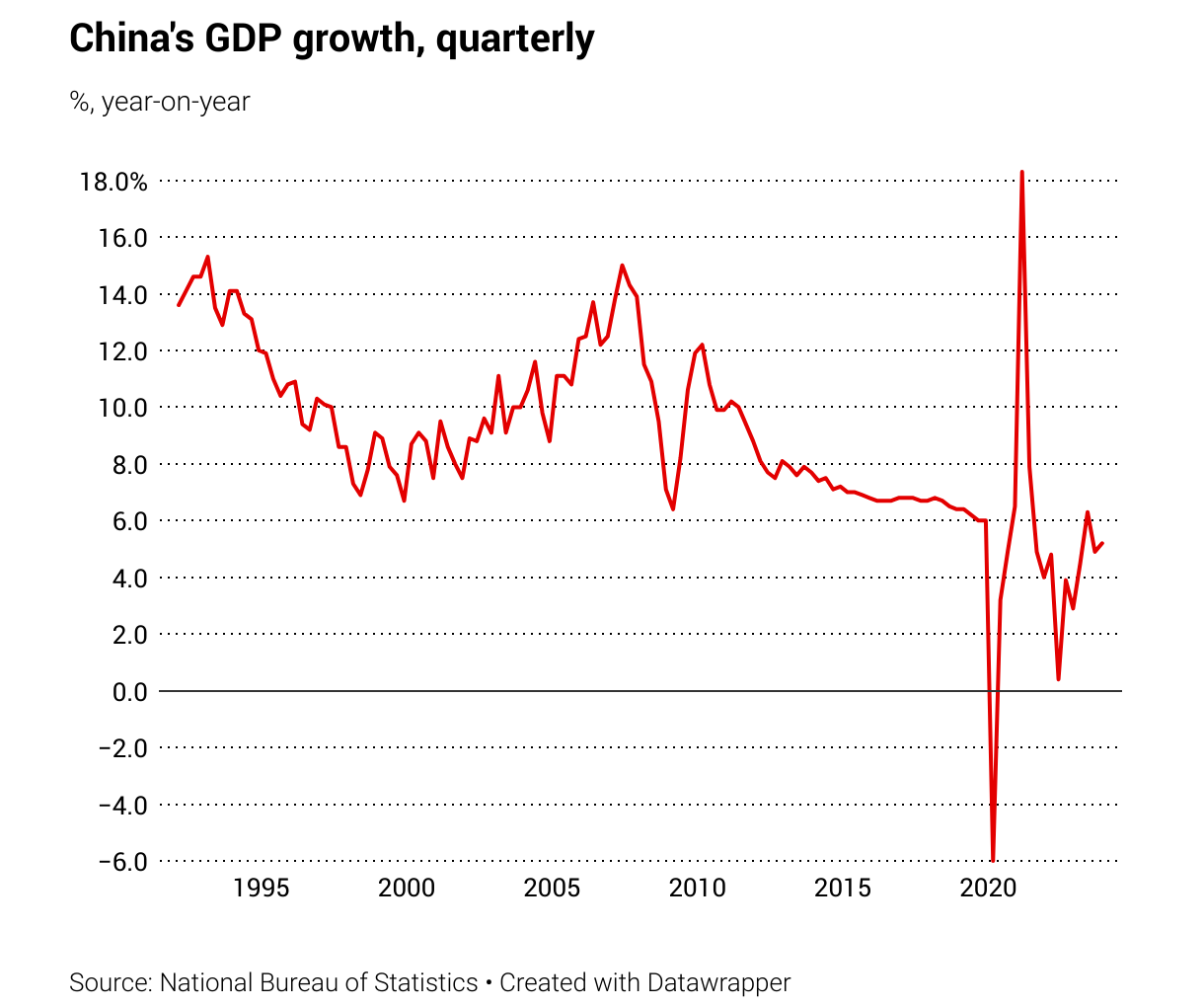Can Xi Jinping rescue China's economy?

The question in the title of this essay starts with "can", but it could just as easily be "will". That's because while it is of course possible that Xi Jinping could rescue China's economy, everything he has said and written in his lifetime makes me think he's not capable of actually doing it. Sure, he might be able to tweak a policy here or there, improving the economy from its current trajectory. But the decisions needed to properly right this ship are simply beyond him: Xi made his bed a long time ago, choosing to move China back towards the policies of Mao Zedong instead of Deng Xiaoping; he's not going to change.
Now, obviously a slowing China has big implications for Australia. It is by far our largest trading partner, responsible for nearly 30% of our exports and over 20% of our imports. Most of our exports to China are commodities, especially iron ore, which in 2019-20 accounted for 56% of our goods exports to China. It really does swamp all other countries in terms of its importance to Australia.

If China's economy slows, it affects us. A lot. But perhaps just as important as China's growth itself is the composition of that growth. For example, if Xi Jinping looks to transition away from the long relied upon 'growth' plan of real estate bubbles and infrastructure projects of dubious merit, then China many not need as many of our commodities during the next cycle.
Just a quick look at the broadest indicator of economic growth, gross domestic product (GDP), and it's clear that China has been slowing for years. It's now at serious risk of falling into something resembling the middle income trap, i.e. never truly getting rich before it gets old. It might be the world's second largest economy but its GDP per capita is still below half that of Japan's, and not much more than a third of Australia's.

Sure, Xi might claim he's not overly concerned about China's slowing growth – his mantra of "common prosperity", which has mostly served as justification to cut down successful businesses in tech, property, and tutoring, suggests as much – but that doesn't mean he can sit idly by as China falls into stagnation. Economic growth is still as, or more important, in China than it is in Western economies; they still publish annual growth targets, after all.
Crushing entrepreneurship won't help
There are a few forces working against Xi. For one, China's positive demographic dividend has ended due to rapidly declining birthrates.
